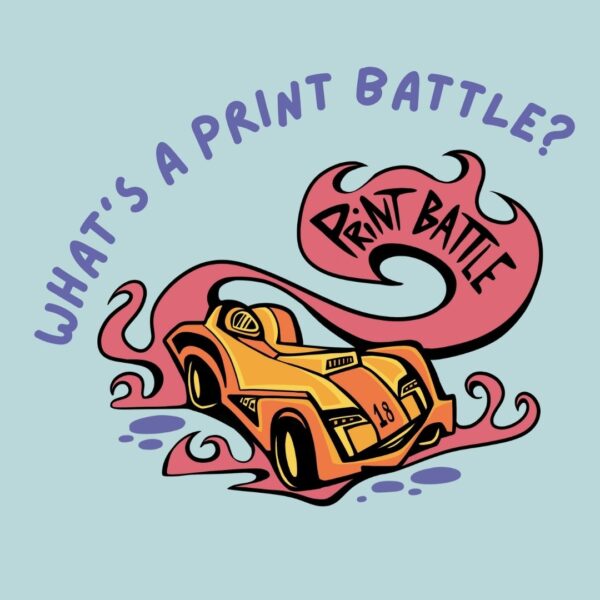
by Caroline Picard | Aug 26, 2016 | Blog
In that philosophical poem, Lucretius asks straightforwardly: What is this place? What is it made of? How does it work? His answers are as helpful now as they were in 50 BCE, in the sense that his curiosity, detailed observations, and empirical imagination still reverberate. He was an early proponent of a DIY ethic: he trusted his own experience to make sense of things.

by Caroline Picard | Aug 25, 2016 | Blog
Caring put me into a specific and active relationship to the plants; in some ways we’re in it together. The act of caring creates the potential for us to influence each other. We’re co-constituted. I also think that care bring things into visibility.

by Caroline Picard | Aug 24, 2016 | Blog
Planetary changes are happening, every single one of them, from the reduction of the albedo effect in the Arctic (loss of ice-reflectivity) to deluges and heat spells that are increasingly “unprecedented.” These events are occurring somewhere, affecting some person, now. And now, again. One way to comprehend the particular punctuations of the Anthropocene is to magnify these intimacies of event, both theoretically and narratively. As we have been continuing to collect essays and artworks for the Lexicon, I have begun to see it as a pointillist project, little pinholes that light up the Anthropocene from the inside.

by Caroline Picard | Aug 23, 2016 | Blog
Knowledge is produced through relationships—relationships to space, time, people, other beings. And those relationships create responsibilities. It’s not my place to learn something if I do not have robust and ongoing relationships to a specific place or person or history. And if I cannot tend to place, people or history in the ways that those who hold the knowledge deem to be necessary/adequate/robust, I have no business extracting that story. In that sense, knowledge is also deeply shaped by a kinship of sorts—and it requires labor to continue to tend to those relationships between ourselves and the stories we are gifted or granted through our connections to others.

by Caroline Picard | Aug 22, 2016 | Blog
Existence itself is a permanent transformation, a constantly-evolving system. You speak of changes made to the body, but I think grief, for example, shakes up identity much more. My aim is not so much a transformation of my essence, as the wish to respond to an eternal frustration: to finally feel the animal otherness in myself, but also to stop thinking from a purely anthropocentric point of view.









